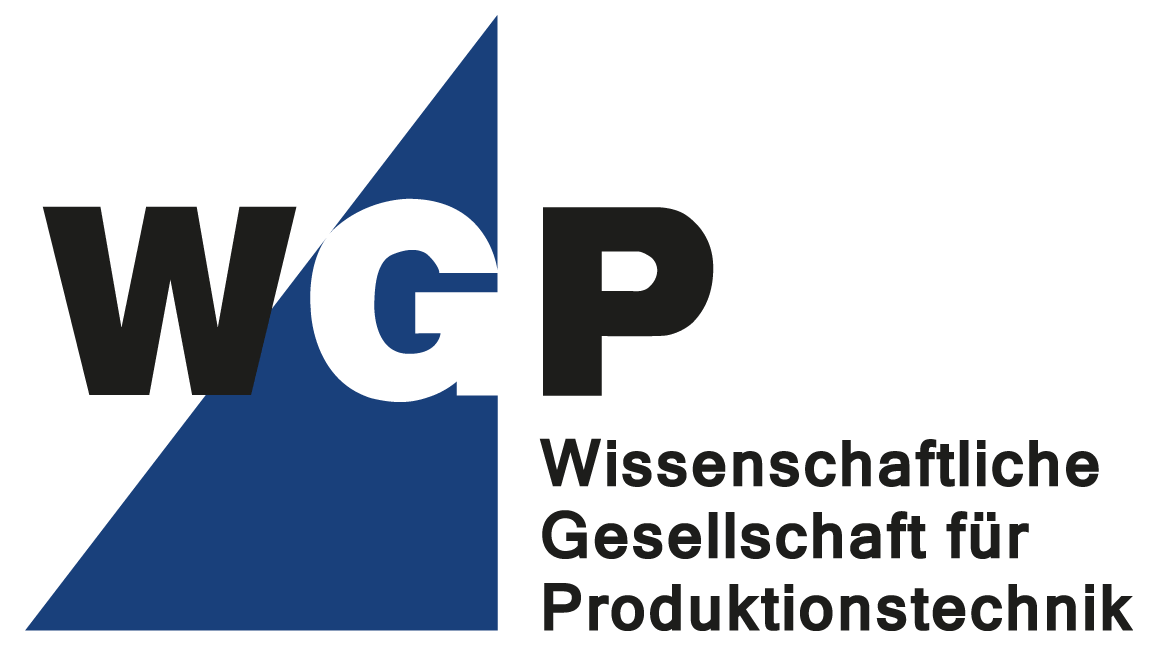Without production technology, practically not a single device of our daily life would exist
Production systems are complex mechatronic systems, which produce an assembly or a final product as cost-efficiently as possible and of the highest possible quality. To cover the increasing demand and the growing requirements towards industrial products it is necessary to continuously develop the systems of production technology.
The contents of production research cover a wide range and reach from manufacturing processes over production-organizational topics up to the questions of the collaboration of human and machine. Scientists of the WGP are, for instance, working on innovative processes for material machining with laser, new forms of organization for the efficient assembly of complex products, novel machines for the process-safe, flexible and efficient production of parts and products as well as on completely changed company structures which are able to face the challenges of the turbulent environment due to flexibility and versatility. However, the economical handling of resources such as energy, raw materials, space or capital is also part of the content of production research.
Production technology is subdivided into the following fields of expertise:
Cutting tool machinesand production processes
We speak about cutting and machining when a desired workpiece shape is obtained by lifting chips off a raw part with the aid of a tool. Drilling, sawing and grinding are known from everyday life. The WGP covers almost the entire range of cutting production processes and machine technique with the competence profile of its professorships.
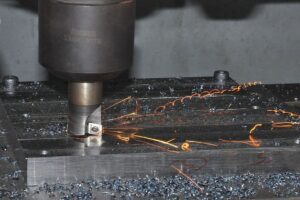
Forming tool machines and production processes
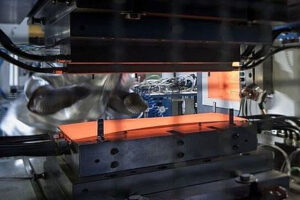
The forming technology is a form-giving process for the processing of metals without removing metal. Only the plastic behaviour of the metals is used. Forging, rolling or deep drawing are some examples. In the large majority of cases, however, the product to be produced has to go through several process steps of forming.
Automated assembly and robotics
The technology of assembly and handling plays a key role in industrial production. It is practically the pacemaker of modern and flexible manufacturing and production technologies.
Robot systems for automated handling have become much more efficient and adaptable in the last years, especially due to the integration of sensor systems with cameras and force/momentum sensors. However, innovations such as artificial intelligence, soft robots and “plug & produce“ are further propelling robotics forward in seven-league boots.
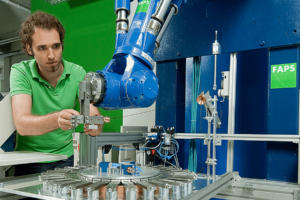
Science of management
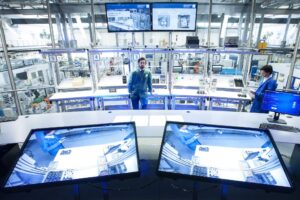
The field of work science of management is about the interaction of human, technology and organization. High-quality technological consumer and investment goods are to be produced as quickly as possible at the lowest possible costs. Under the aspect of sustainability, economical-ecological dimensions as well as social aspects are considered. These ambitious goals are reached by means of modellings and simulations as well as by optimized production logistics, factory planning, work organization and systems of information and communication.
WGP - Cooperation projects
Ein Beispiel eines WGP-Kooperatinsprojektes ist “SynErgie”, ein vom BMBF mit mehreren Millionen Euro finanziertes Projekt, an dem sechs WGP-Institute beteiligt sind. Ziel ist die Anpassung energieintensiver Produktionsfirmen an das schwankende Angebot erneuerbarer Energien.
